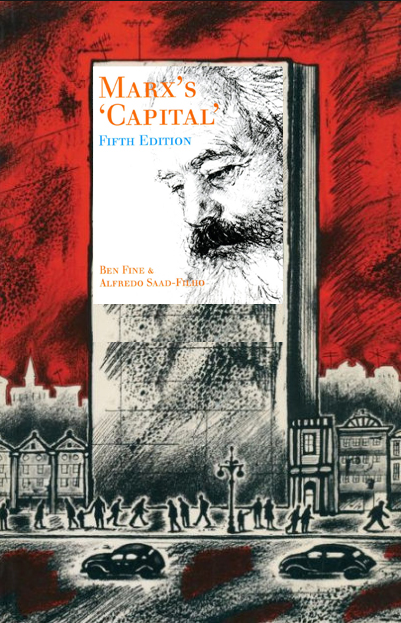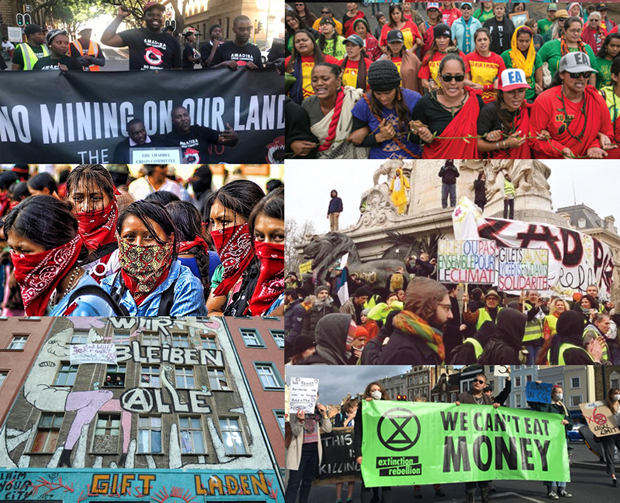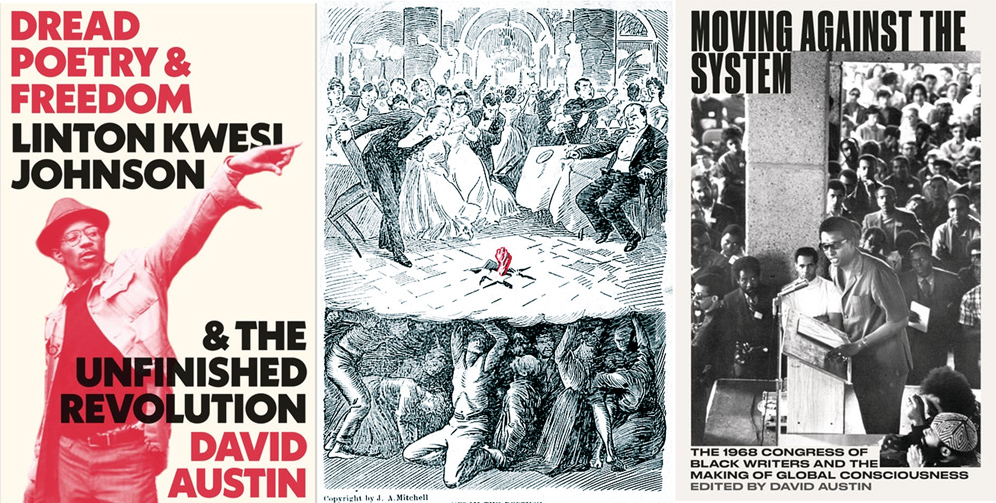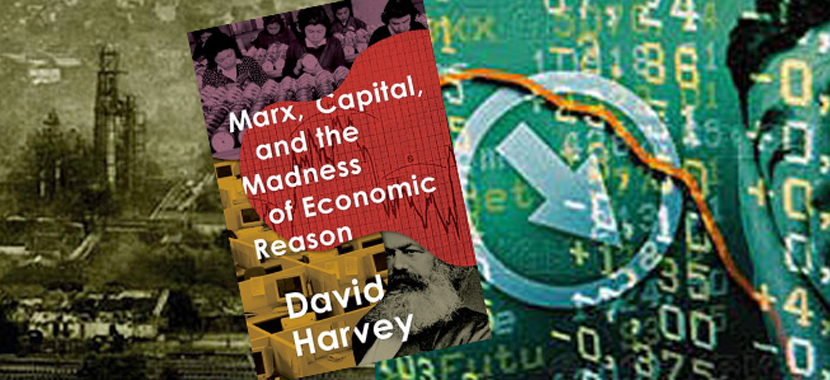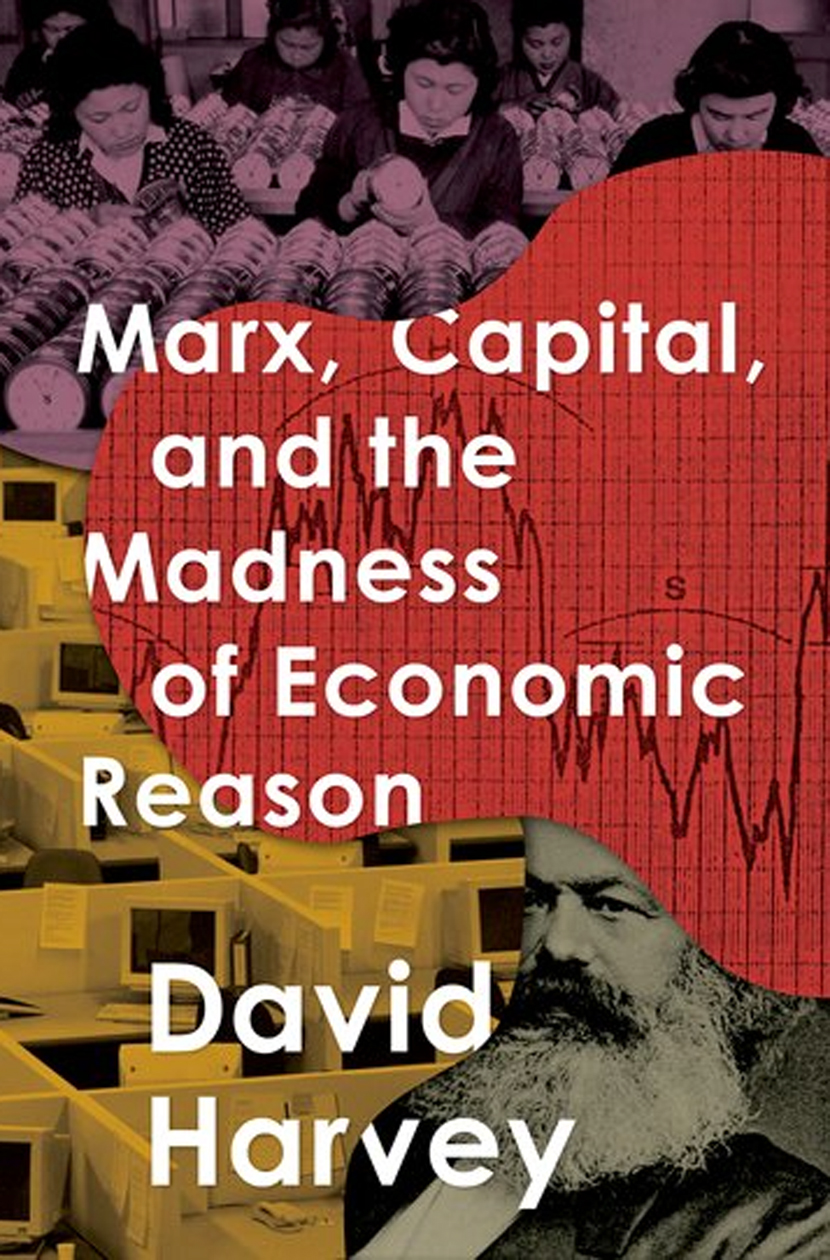Capital: A Review of Volumes 1 and 2
In review of Volumes One and Two of Capital and in preparation for our study of Volume 3 we will have a 4 week intersession reading from Ben Fine and Alfredo Saad-Filho’s Karl Marx’s Capital. These sessions are suggested as a good review for those who would like to join in for the coming sessions of our close reading of Volume 3 which will begin on January 18. Of course, anyone interested in a review of Capital and/or would simply like to read and discuss the Fine and Saad-Filho book are encouraged to attend as well.

